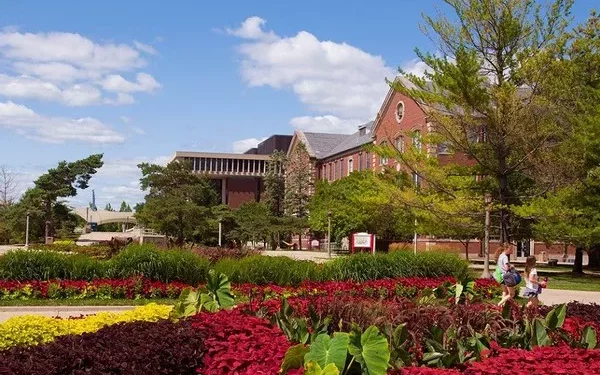Japan has been a popular destination for international students seeking to pursue their studies abroad. With its advanced technology, rich culture, and excellent education system, Japan has become one of the most sought-after countries for higher education. However, studying abroad in Japan can be costly, and it is essential to have a good understanding of the expenses involved before making any plans.
The cost of studying abroad in Japan varies depending on the type of institution, the duration of the course, and the location of the institution. As a general rule, private universities in Japan tend to be more expensive than public universities. Also, universities in the big cities such as Tokyo and Osaka tend to be more expensive than universities in smaller cities.
Tuition fees in Japan are relatively affordable compared to other countries such as the United States and the United Kingdom. On average, tuition fees for undergraduate courses in Japan range from ¥500,000 to ¥1,000,000 per year (approximately $4,500 to $9,000 USD). For graduate courses, the fees range from ¥500,000 to ¥1,500,000 per year (approximately $4,500 to $13,500 USD). However, fees for professional courses such as medicine and dentistry can be higher.
Apart from tuition fees, international students also have to consider other expenses such as accommodation, food, transportation, and healthcare. Accommodation in Japan can be expensive, especially in big cities. On average, students can expect to pay between ¥50,000 to ¥80,000 per month (approximately $450 to $720 USD) for a small apartment or a room in a shared house. However, there are more affordable options such as university dormitories and homestays.
Food expenses in Japan can be affordable or expensive depending on the student’s lifestyle. Students who prefer to cook their meals can save money by shopping at supermarkets, which offer affordable options. However, students who prefer to eat out can expect to pay around ¥1,000 to ¥2,000 (approximately $9 to $18 USD) for a meal at a casual restaurant.
Transportation in Japan is efficient and reliable, but it can also be expensive. The cost of a monthly commuter pass for trains and buses can range from ¥10,000 to ¥20,000 (approximately $90 to $180 USD) depending on the location.
Healthcare in Japan is relatively affordable, and all international students are required to have health insurance. The cost of health insurance can range from ¥20,000 to ¥40,000 (approximately $180 to $360 USD) per year, depending on the coverage.
In conclusion, studying abroad in Japan can be expensive, but it is a worthwhile investment in one’s education and personal growth. International students must carefully consider their expenses and plan accordingly to make the most of their experience in Japan. Scholarships and financial aid options are also available for international students, and they should research and apply for these opportunities to reduce their expenses.




















